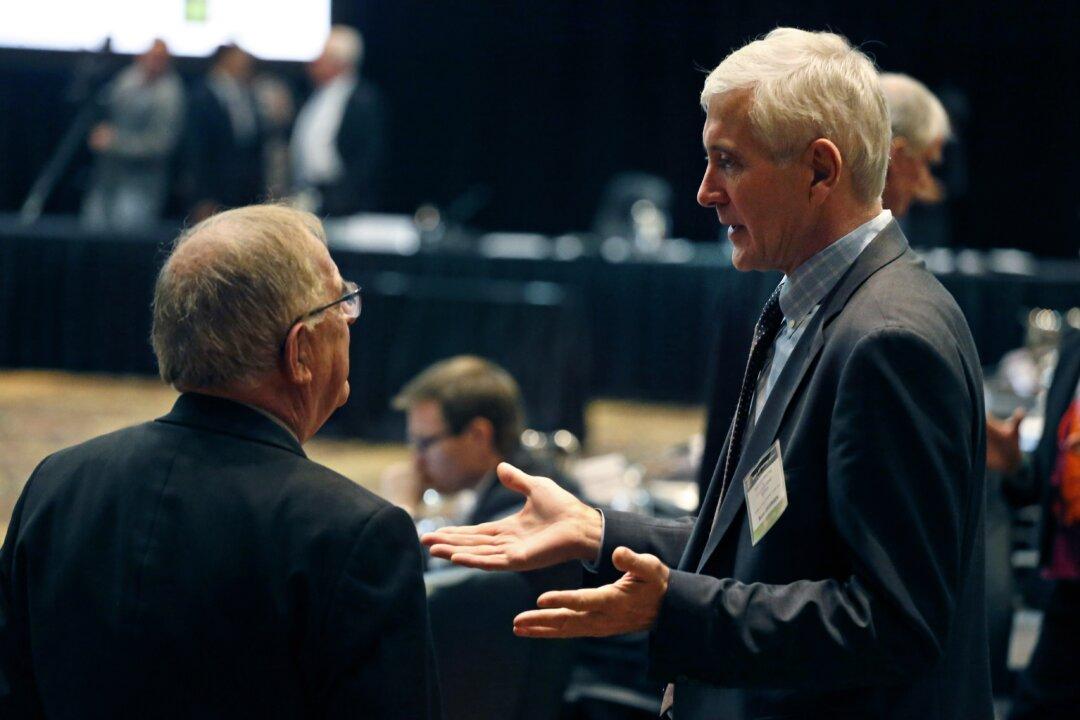PARIS—Six years before the International Association of Athletics Federations (IAAF) banned Russia, track and field’s governing body knew of doping so out of control it feared Russian athletes could die from abuse of blood-boosting drugs and transfusions, and officials considered collaborating with Russians to hide the full extent of the cheating before the 2012 London Olympics, according to internal documents obtained by The Associated Press.
When the massive scandal of state-sponsored doping and cover-ups in Russia finally erupted with full force in 2015, IAAF leaders acted as though blindsided. “This has been a shameful wake-up call,” Sebastian Coe, the British Olympian and newly elected president of the International Association of Athletics Federations, said.
But in 2009, as a sophisticated new blood-testing program was launched, IAAF tests were already providing shocking insight into the scale and gravity of Russian doping, according to a six-year span of emails, letters and reports the AP received from a person intimately involved in the workings of the IAAF’s anti-doping program. The person requested anonymity because he wasn’t given permission to release the documents.
At that stage, the test results weren’t enough on their own to sanction athletes, but they provided an early warning of the crisis and raise questions about why the organization entrusted with the safekeeping of one of the world’s major sports waited six years before suspending Russia, which could see its athletes miss the Rio de Janeiro Olympics in August.
“This matter of the Russian athletes’ blood levels is now so serious and is not getting any better (in fact possibly getting worse) that immediate and drastic action is needed,” Pierre Weiss, then the IAAF general secretary, wrote in an Oct. 14, 2009, hand-delivered letter to Valentin Balakhnichev, the Russian athletics president banned last week for life from the sport.
“Not only are these athletes cheating their fellow competitors but at these levels are putting their health and even their own lives in very serious danger,” Weiss wrote, telling Balakhnichev that blood results from Russian athletes “recorded some of the highest values ever seen since the IAAF started testing.”





